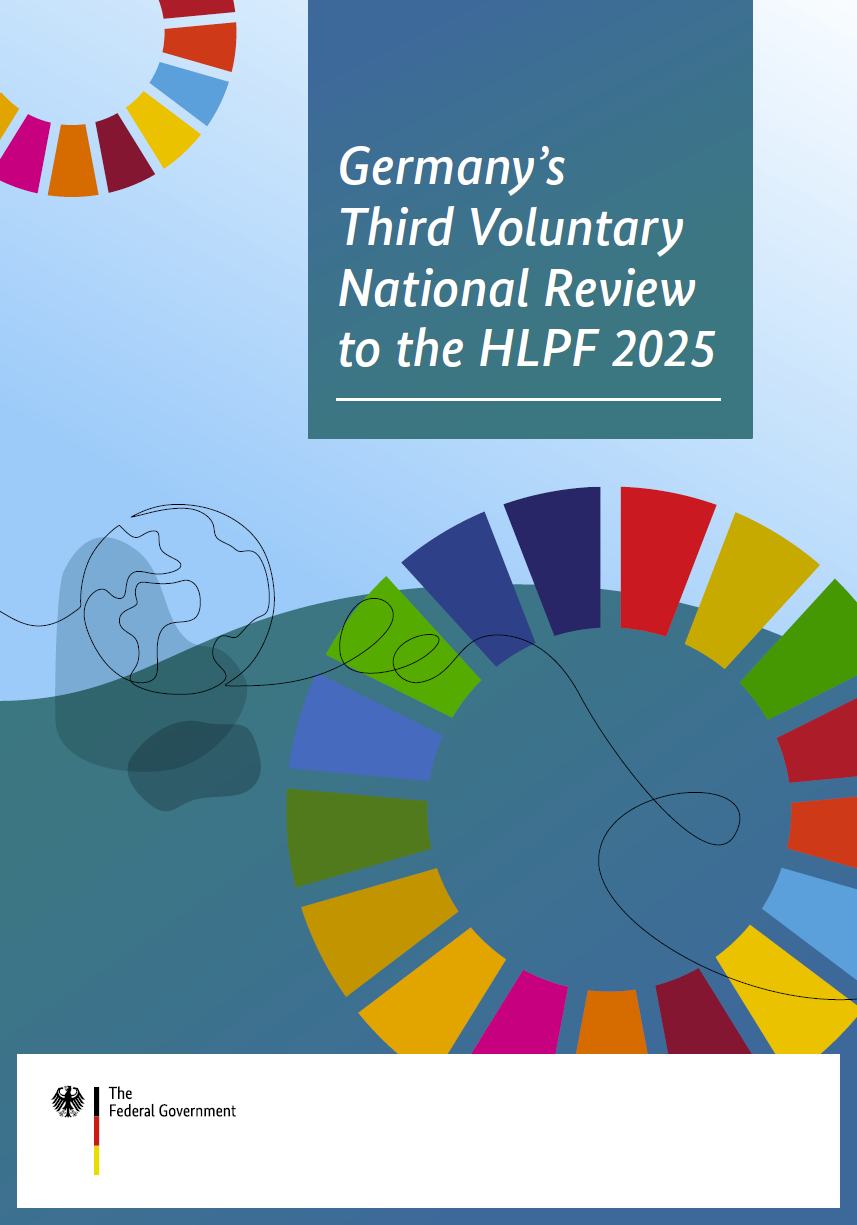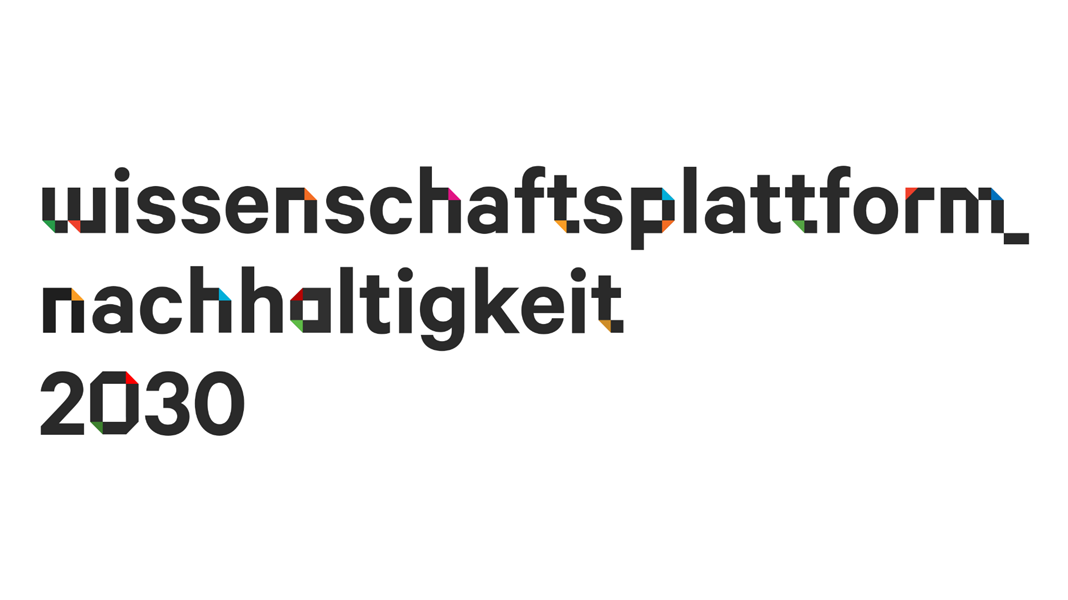VNR 2025 Contribution by Wissenschaftsplattform Nachhaltigkeit 2030 (wpn2030)
In the German Sustainable Development Strategy (GSDS), Germany has committed to implementing the 2030 Agenda through a whole-of-government approach (Federal Government, 2022 (External link)), which requires effective interministerial cooperation for accelerated, integrative implementation. Against this backdrop, Transformation Teams (External link) (TTs; web page only available in German) were set up in a pilot project (end of 2022 to mid-2024) in autumn 2022 on the basis of the Policy Decision on the German Sustainable Development Strategy (External link). These interministerial project working groups were entrusted with the task of identifying key opportunities and obstacles for accelerated transformation in the core transformation areas of the Strategy and compiling them in transformation reports (External link) (Federal Government, 2024; only available in German), which then served as discussion and draft decision documents for the State Secretaries' Committee for Sustainable Development (External link) (web page only available in German) and for the Federal Cabinet.
As part of its accompanying research, wpn2030 conducted an ex-post evaluation using a combination of document analyses and qualitative interviews with ministerial representatives involved in the TTs in order to systematically examine the functioning and effectiveness of interministerial cooperation for the implementation of the 2030 Agenda using the example of the TTs. The interviews show that cooperation in the TTs has contributed to networking among the ministerial representatives involved and, thus, to the visibility of the 2030 Agenda even in ministries that were not primarily concerned with implementing the sustainability agenda. In addition to these effects, which the majority of participants rated as positive, numerous obstacles were also identified. Issues that were emphasised included insufficient resources for the TTs and the fact that the effort had not sufficiently been integrated, on a long-term basis, in the relevant institutions, so that the Teams' work did not result in sufficient direct and/or demonstrable impacts.
Based on its experience with the TTs, the German government should consider the following success factors, among others, for successful interministerial cooperation to implement the 2030 Agenda in, with and by Germany when implementing its new Sustainable Development Strategy:
- Process moderation and facilitation, so that ministerial silos are overcome and coordination processes are supported
- Firmly establishing the effort (on a long-term basis) in the institutions of Germany's sustainability architecture and within the German government and parliament, so that the results become more visible and more effective for accelerated implementation
The HLPF side event hosted by wpn2030, Cepei and SDSN Germany on 15 July 2024 showed that there is broad international interest in initiatives for interministerial cooperation on SDG implementation. In future, the German government should increasingly engage in exchange on initiatives for interministerial cooperation, for example within the framework of VNR Labs (External link), in order to utilise synergies and drive forward the implementation of the 2030 Agenda.

